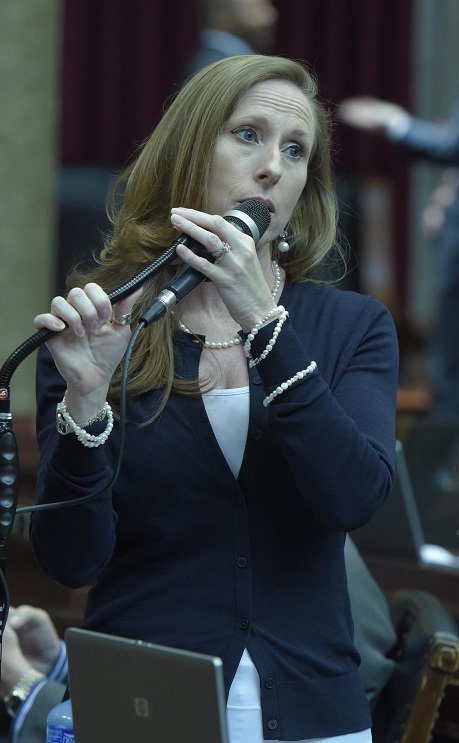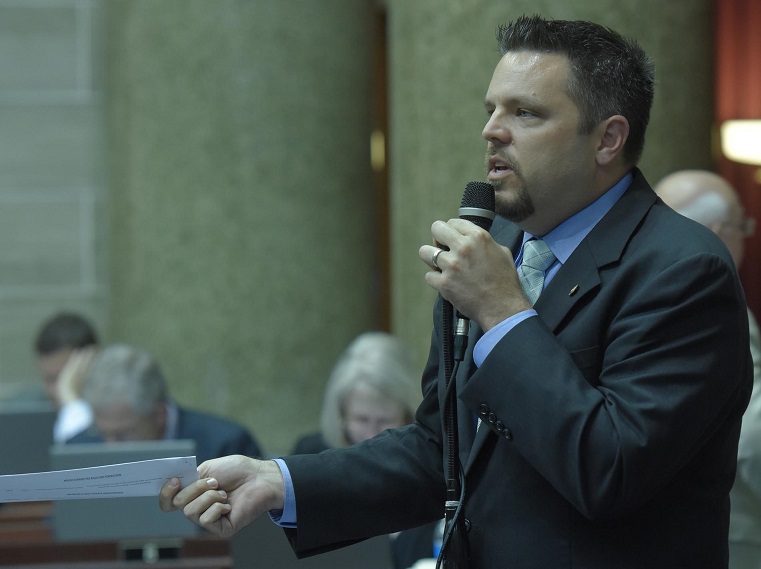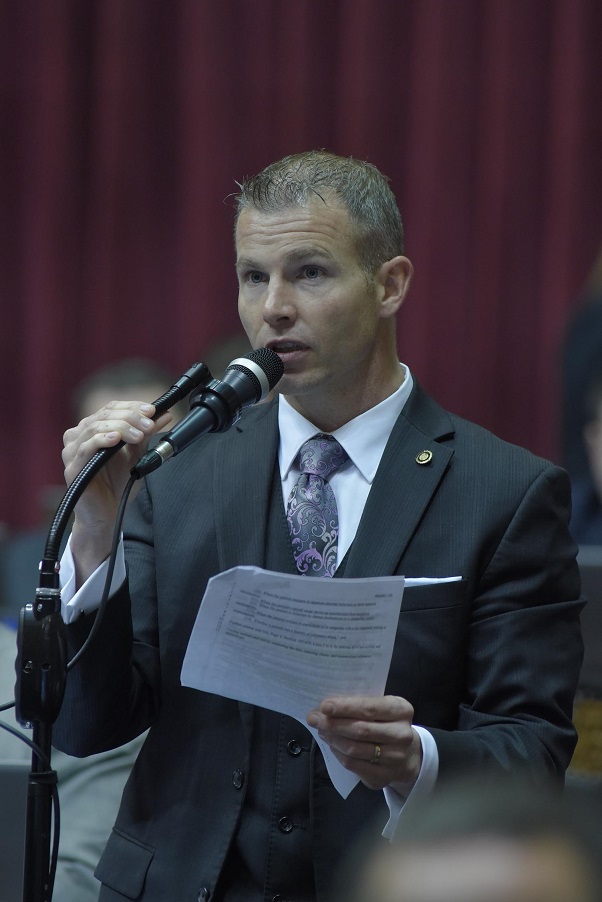The state House has asked the Senate to debate the changes it made to the House’s proposed prescription drug monitoring program (PDMP).

A PDMP aims to fight the abuse of prescription drugs by entering into a database information on people’s prescriptions to see who is getting large numbers of drugs that can be abused. Backers say the program will help identify abusers and cut back on “doctor shopping,” or going to multiple doctors to get multiple prescriptions for drugs.
The House passed House Bill 90 earlier this month that would require pharmacists to report to the database in real time by 2020, require the Department of Health and Senior Services to notify law enforcement if it believes any law or professional standard has been broken, and keep submitted prescription information confidential except when there has been a breach.
The Senate proposed several changes to the House plan. It would require that information only be kept on the database for 180 days; limit the database to opioids and benzodiazepines (the House proposed including all schedule II, III, and IV drugs); and mandate that doctors check the database before writing prescriptions for specified drugs.
The sponsor of HB 90, Sikeston Republican Holly Rehder, has been pushing for passage of a PDMP for years, driven in part by how drug abuse has affected her family. She opposes some of those proposed changes and wants to see if the House and Senate can work out differences.
She said those in the medical field she has talked to say the database won’t be effective if information is only kept on it for 180 days. They want it to be on there for at least two years.
Rehder said limiting a PDMP to opioids and benzodiazepines wouldn’t go far enough.
Rehder said she would not fight the change that requires doctors to check the database before writing a prescription.

The Senate also proposed letting the legislature decide after six years whether to continue the PDMP, and requiring training for database users.
Lake St. Louis Republican Justin Hill opposes Rehder’s proposal and urged the body to deny her motion. He said if Missouri is going to have a PDMP it should include the 180-day provision.
Hill would rather Missouri not have a PDMP. He argues they haven’t worked in other states except to push more people from abusing prescription drugs to heroin.
“49 other states admit that this doesn’t work,” Hill told Rehder.
“No, no, tell me a state that admits it. You can’t just throw things out like that on the House floor and not have anything to back you up,” Rehder responded.
The House passed Rehder’s motion to seek a conference with the Senate, and now awaits the Senate’s answer. Fewer than four weeks remain in the legislative session for lawmakers to attempt to reach a compromise.

